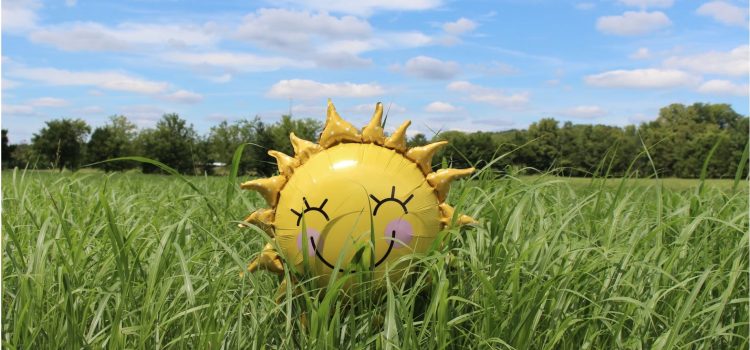What did Henry David Thoreau find “wearisome and dissipating”? What did he learn from his time at Walden Pond? What did he consider “the treasured wealth of the world”? In the 1840s, Henry David Thoreau built a cabin at Walden Pond, on the outskirts of Concord, and lived there for two years. More than 160 years after Walden was first published in 1854, people still read Thoreau’s book about the life he lived, alone, in the woods of eastern Massachusetts. Continue reading for seven Henry David Thoreau quotes from Walden that will give you a good sense of the book.
Henry David Thoreau Quotes From Walden (+ Context)










